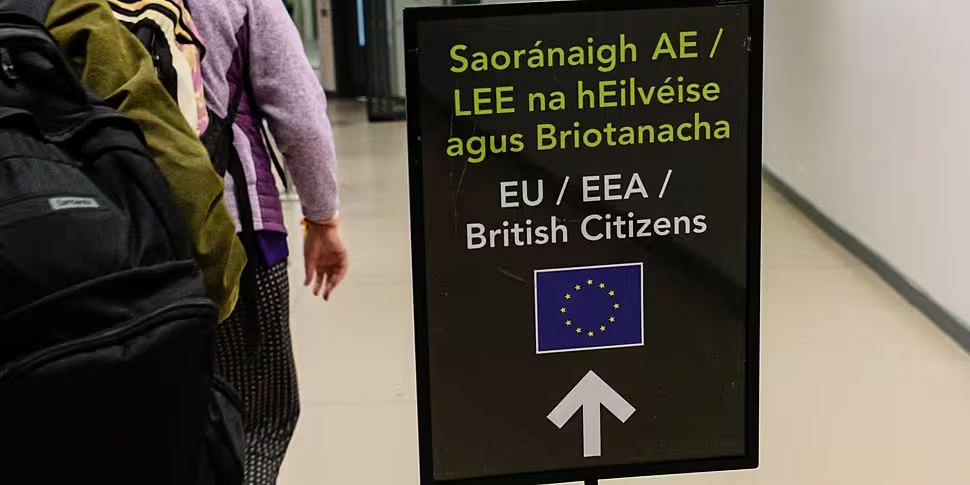There is no automatic right for spouses of Irish citizens to come to Ireland, an immigration solicitor has said.
Emma Govha met Lawson, who is originally from Zimbabwe, when she was in South Africa to get treatments for her daughter's medical condition.
The pair married in 2018 and had a daughter, Sabina, but Lawson is still not permitted to come to Ireland.
Emma made a plea on Newstalk yesterday to 'put her family back together'.
Solicitor and Head of Immigration at Daly Lynch Crowe & Solicitors, Albert Llussa, told Lunchtime Live it is not as simple as that.
"There isn't an automatic right to bring your spouse to Ireland even if you are an Irish citizen," he said.
"[The Government] is entitled in certain cases to refuse a visa if it considers, on policy grounds, that the granting of the visa may result in a burden on the State.
"In this case Emma married her husband when she already has three children, two of whom have a genetic condition [and] another one has a diagnosis of autism - and she's a full-time carer.
"Presumably she doesn't earn an income and her personal and family circumstances involve that the State has to support her - rightly so - and her children.
"So, from the point of view of the Department of Justice she's not able to fund and support her husband".
'Expect a refusal'
Mr Llussa said any sponsor has to show they can support the new arrival.
"The sponsor needs to be able to show that she has sufficient income and earnings," he said.
"In the case of an Irish citizen it is over the previous three years, she needs to have earned €40,000.
"If you don't meet that criteria, it's not an automatic black and white, you could expect a refusal."
However he said the Justice Minister can make an exception to the financial criteria "where there are exceptional circumstances, in a particular case, of a humanitarian nature."
'Exceptional circumstances'
Mr Llussa said while Lawson may be able to work if he came here, that is not how the system works.
"There is an unfairness in that, in that the Department seems to say only if the sponsor - the Irish citizen - can show that she can support her husband a visa might be granted," he said.
"But it really would be to the economic interest of the State to allow Lawson to come here, because he would support the family, and the family may require less support from the Department of Social Protection".
Mr Llussa said visas on compassionate grounds are very rare.
"It is very difficult to expect the Department of Justice to grant visas on compassionate grounds," he said.
"On occasions they have at times, in cases of exceptional circumstances and in cases of public uproar, made certain gestures."
'People in Gaza can't get visas'
Mr Llussa said people in more volatile parts of the world are also not getting visas.
"We have clients from Gaza who are not spouses, spouses are usually granted visas, but siblings they're not getting visas," he said.
"These are people who are in Gaza with bombs falling all over them.
"We have Syrian families who are stuck in detention centres in Malaysia waiting to be reunited with family members here.
"There's very strong humanitarian, compassionate arguments to be made and unfortunately the Department deals with paperwork and doesn't speak with the applicants.
"Sometimes the humanitarian nature of the case is lost," he added.
Mr Llussa said Emma could make a new application on the basis that Lawson is the father of one of her children, "as long as he can demonstrate real emotional and financial support for her child."
He added that this application should be made based on the rights of the child, rather than the parents.
Listen back here:









